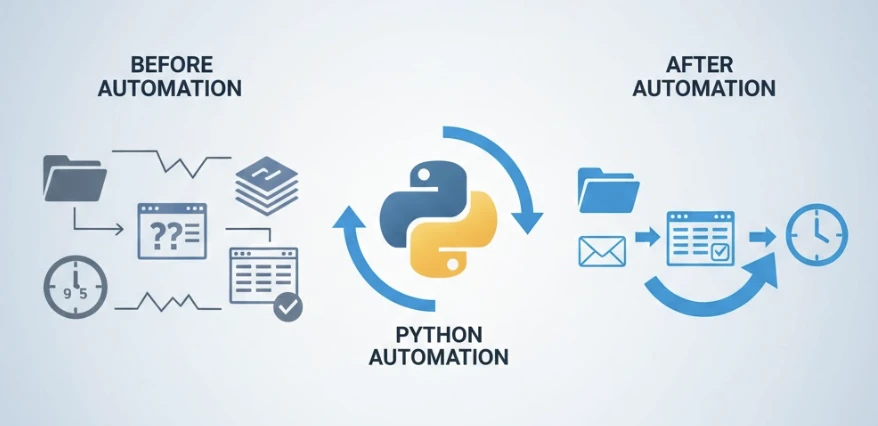Conventional ideas of notarial service delivery are being challenged by the proliferation of online notary business, which is changing the face of traditional notarial operations. Notaries may better serve their customers’ changing demands by embracing new technology and adjusting to the digital era. This will increase efficiency, accessibility, and security. Traditional notaries may find development possibilities and continue to make valuable contributions to the legal profession in the digital age by proactively managing the digital shift and embracing cooperation and innovation. Notaries may thrive in the ever-evolving notarial landscape by being open to digital change, maintaining high professional standards, and building trust with clients. This will allow them to keep serving both individuals and businesses.
Progression of digital notarial functions

A new age of efficiency, accessibility, and convenience has dawned with the advent of online notary business, which has caused a revolutionary change in conventional notary operations. Notarial acts were traditionally executed when a notary public met in person with the signer, who was typically required to be present at a certain place and time during normal business hours. Online notary platforms, on the other hand, have made it possible for people and companies to get notarial services remotely, using digital technology to finish the notarization process whenever and wherever they choose. Because of this shift in notarial procedures, more people are able to afford notarial services, which gives them more freedom and control over how they meet their legal duties.
The process of integrating and adjusting digital solutions
Beyond the obvious convenience factor, the incorporation of digital solutions and cutting-edge technology into online notary company has a profound effect on conventional processes, improving the notarial experience as a whole:
- In order to simplify the notarization of documents, do away with paperwork, and lessen administrative responsibilities, traditional notaries are more and more turning to digital platforms and electronic signature solutions.
- Biometric identification and encrypted communication channels are two of the sophisticated security elements offered by online notary platforms that guarantee the authenticity and secrecy of notarial activities.
Traditional notaries may better serve their customers in today’s digitally linked world by embracing digital transformation, which allows them to increase efficiency, expand their service offerings, and respond to client demands.
Challenges and opportunities for traditional notaries
Traditional notaries face new obstacles as they adapt to the digital age, despite the many possibilities presented by the proliferation of online notary services. Competition from online platforms offering easy and affordable notarial services might affect the client base and income streams of traditional notaries. Traditional notaries may succeed in the digital era by accepting digital solutions and delivering more services, such as online notarization. To stand out from the competition and attract customers looking for trustworthy and dependable notarial services, conventional notaries rely on their experience, reputation, and personal touch. The continuous relevance and importance of notarial services in the digital age may be assured by partnerships between conventional notaries and online platforms, which can lead to mutual development and innovation.






.jpg)


